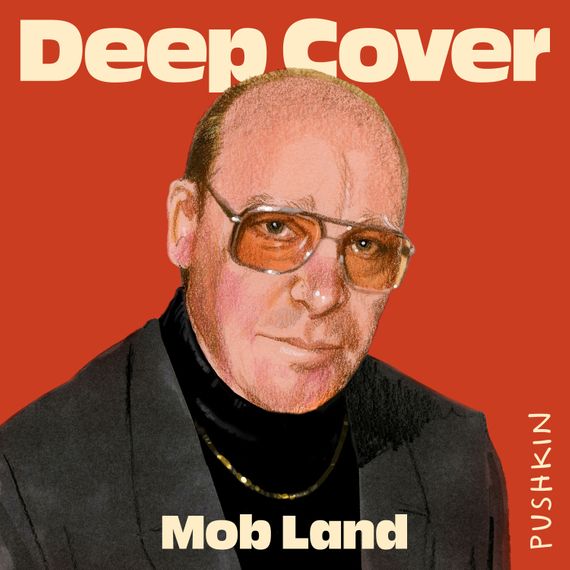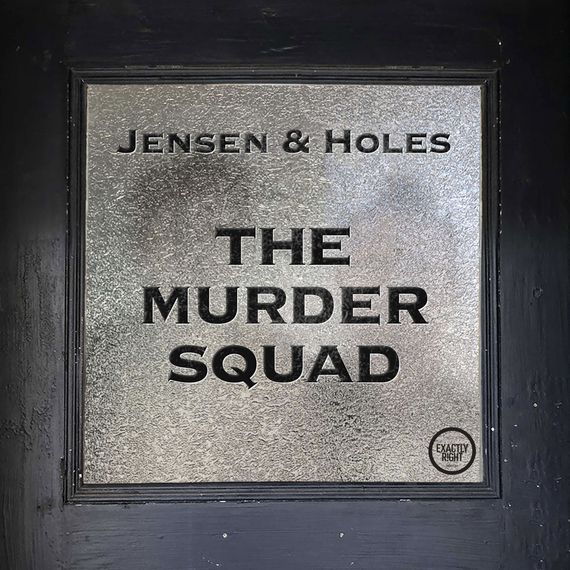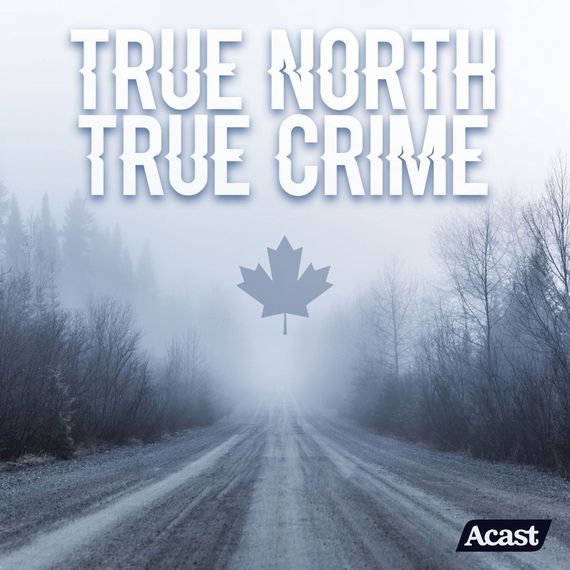
The true-crime-podcast universe is ever expanding. We’re here to make it a bit smaller and a bit more manageable. There are a lot of great shows, and each has a lot of great episodes, so we want to highlight the noteworthy and the exceptional. Each month, our crack team of podcast enthusiasts and specialists picks its favorites.
Deep Cover: Mob Land
The second season of Deep Cover focuses on the career of Chicago lawyer Bob Cooley, a gold chain–wearing big shot who fixed cases for the Mafia before deciding on a whim in 1989 to join forces with the FBI. Journalist Jake Halpern spent months interviewing Cooley to try and get a bead on this brilliant, baffling character — a former cop and lapsed Catholic with his own strict sense of ethics who considers Mafia guys whacking each other business as usual and bribes as merely gestures of his largesse in cases he’d win anyway. Cooley is, of course, an unreliable narrator, which is part of the appeal. Halpern supplements Cooley’s interviews with tons of background research as well as interviews with his FBI handlers, a few of Cooley’s brothers (who seem like totally fascinating people in their own right), and people who were touched by Cooley’s actions, such as the stepdaughter of infamous Mob hit man Harry Aleman, whose case was the very first that Cooley was asked to fix. I had the chance to listen to the entire season, and it’s truly compelling stuff. Halpern, an almost annoyingly prolific Pulitzer Prize–winning journalist, is great at establishing a rapport with Cooley and trying to get to the heart of this strange, lonely guy whose sole remaining pleasure seems to be feeding the birds near the home he rents a room in somewhere at the edge of a desert. —Jenni Miller
Chameleon: Wild Boys
Campside Media’s wildly entertaining con-man podcast is back for a third season, this time focusing on the story of Canada’s “Bush Boys,” a pair of brothers, who, in the early 2000s, emerged from the British Columbia woods claiming they’d been raised in the wilderness and had scarce knowledge of modern society. Journalist Sam Mullins is our guide here, and he’s a good one, too: A native of the small B.C. town of Vernon where the boys set up camp, he’s able to give an insider perspective on the whole thing (and he’s pretty funny, too). Anyway, given the premise of this podcast, you’ve probably already guessed these “Bush Boys” may not be who they claim to be. But just two episodes in, the slow unraveling of their claims is already fascinating (like, why are they so obsessed with fruit?!), and later episodes promise an actual conversation with the two men in question. It’s enough to make you eschew the spoiler-filled Google machine to just enjoy the ride with these Wild Boys. —Amy Wilkinson
American Radical
How did 34-year-old Roseanne Boyland end up dead inside the Capitol building on January 6, 2021? In this five-part series from MSNBC, journalist Ayman Mohyeldin, a high-school friend of Roseanne’s brother-in-law, Justin, heads to her hometown of Kennesaw, Georgia, in hopes of finding out. What brings a seemingly apolitical person to a violent far-right uprising? Since her death, Roseanne’s sister, Lonna, has been retracing and analyzing her life and movements, as well as her autopsy results, in search of answers — and found, of course, more questions. What triggered Roseanne’s tumble into QAnon, and how did it happen so quickly? (Was there someone at her AA meetings preying on a vulnerable population?) What happened to Justin Winchell, who traveled with Roseanne to Washington, D.C.? The question of how Roseanne died is still up for debate; even pathologists can’t agree on exactly what happened to her. Even that uncertainty will, for better or worse, shape how she’s remembered, especially as Congress investigates the January 6 attack. In spite of missing pieces, untraceable steps, and media spins, Roseanne’s loved ones continue to search for answers. —Chanel Dubofsky
Jensen and Holes: The Murder Squad: “Winter Distraction: The Victims of Jack the Ripper with Hallie Rubenhold”
It’s one of the sad ironies of true crime: Despite little evidence to his true identity, Jack the Ripper is one of the most infamous serial killers of all time, while his female victims, many of whom appear numerous times throughout the public record, languish largely in obscurity. At least one woman is trying to change that. Historian and author Hallie Rubenhold dives into who these murdered women — Polly Nichols, Annie Chapman, Elizabeth Stride, Kate Eddowes, and Mary Kelly — really were in her book The Five: The Untold Lives of the Women Killed by Jack the Ripper, and she is Billy Jensen and Paul Holes’s guest for an enlightening two-part episode. Through research not only into the women’s lives but also the social mores of the time, Rubenhold paints a much more vivid portrait of the victims while also raising questions about some of the long-held facts of the case. (For instance, at least one or two of the women who were characterized as sex workers may not have been at all.) It’s a refreshing reexamination of the old bogeyman tale, and if it leaves you wanting even more information. Rubenhold hosted her own podcast on the topic last year called Bad Women: The Ripper Retold, which I personally plan to listen to posthaste. —Amy Wilkinson
True North True Crime
Still early in its broadcasting life, True North True Crime occupies an important spot in the true-crime podcast universe: The series revolves around unsolved crimes and murders in Canada, often those of Indigenous women and girls. The second episode of 2022 focuses on the disappearance and death of Cameron Collin, an Alberta native who traveled to Billings, Montana, for a wedding in 2018 and didn’t make it back home alive. The evidence collected by Cameron’s mother, Marion, contradicts investigators’ assertions that his death was an accident. Why was Cameron wearing a pair of boots he didn’t own when he was found? Why was the color of his shirt described by the coroner as dark green when it clearly wasn’t? Why were the police in such a hurry to wrap up the investigation? Three years later, the case remains labeled as an accident in spite of Marion’s social-media push to reopen it and take a look from a different angle. —Chanel Dubofsky









